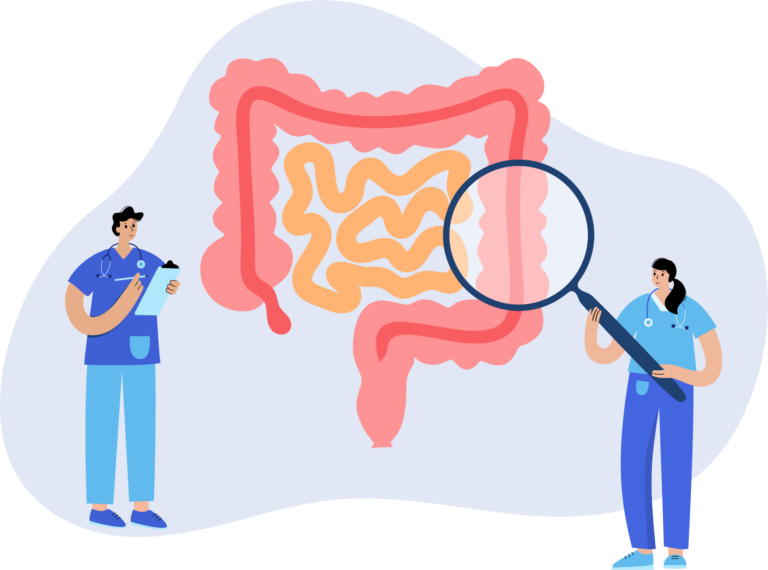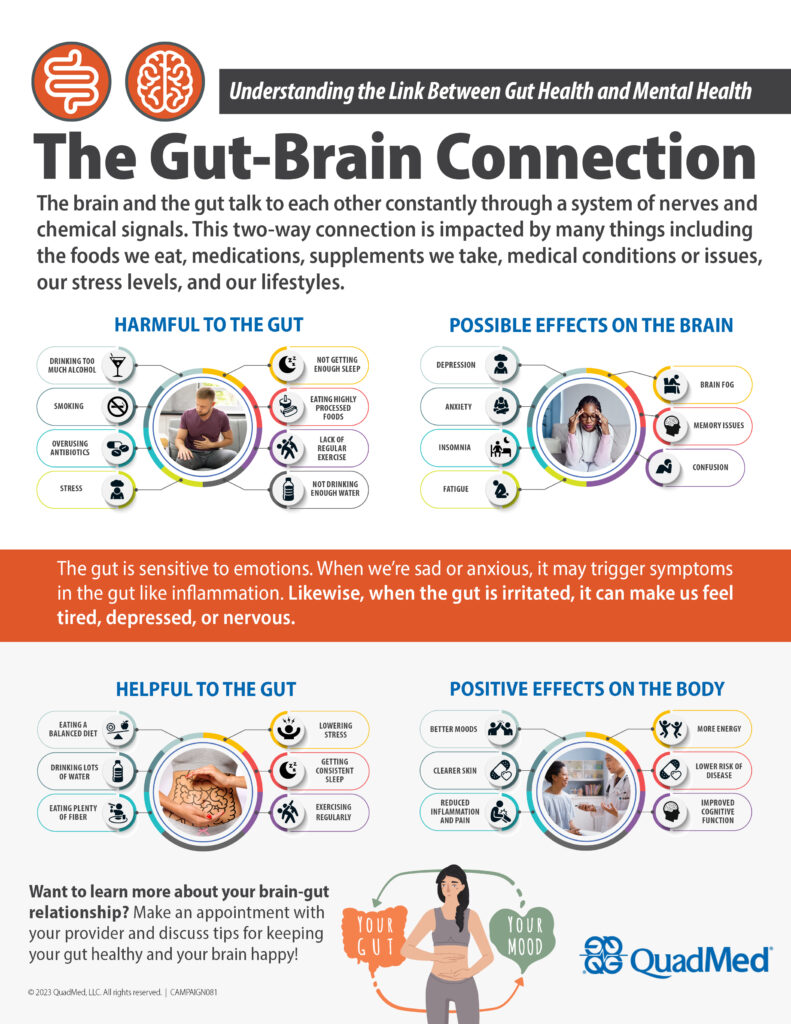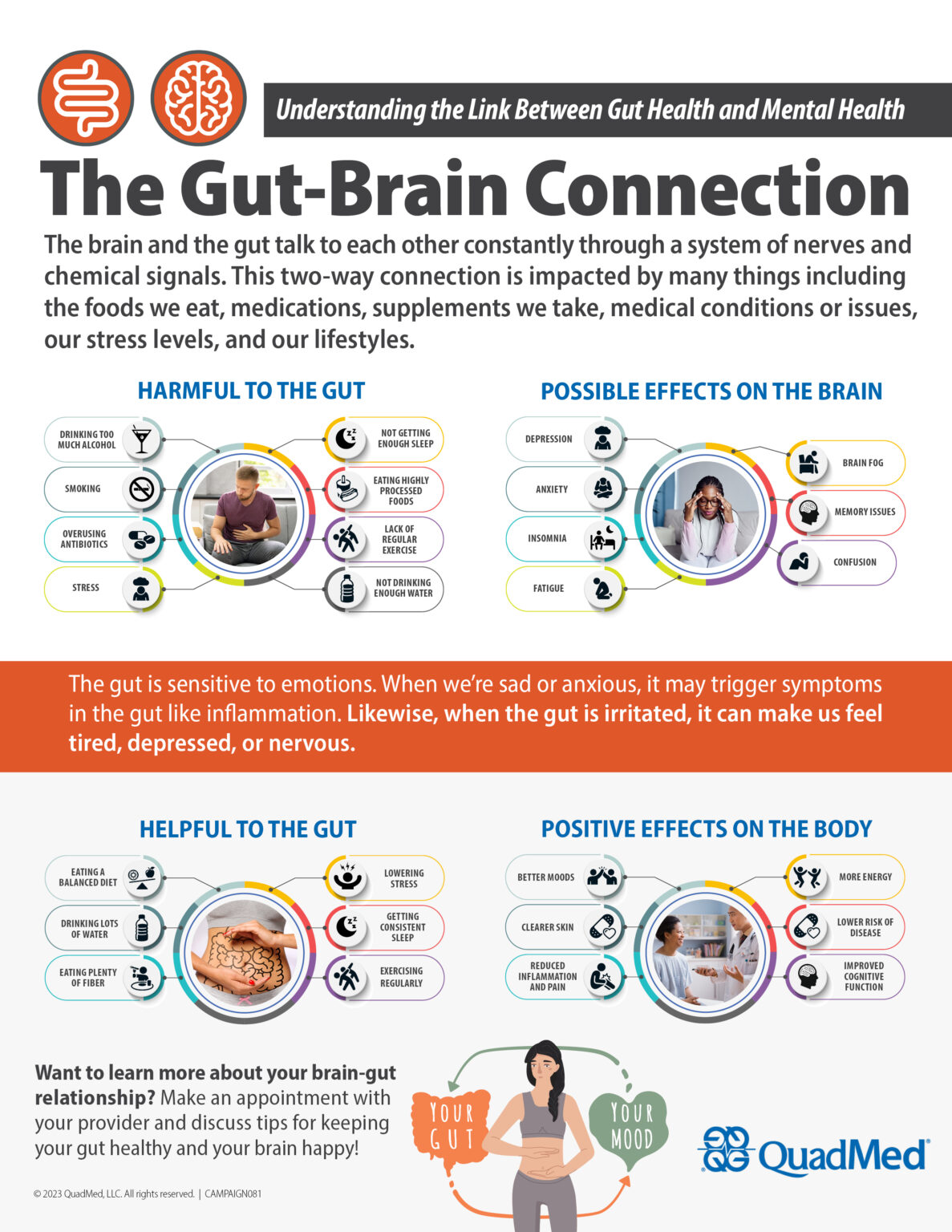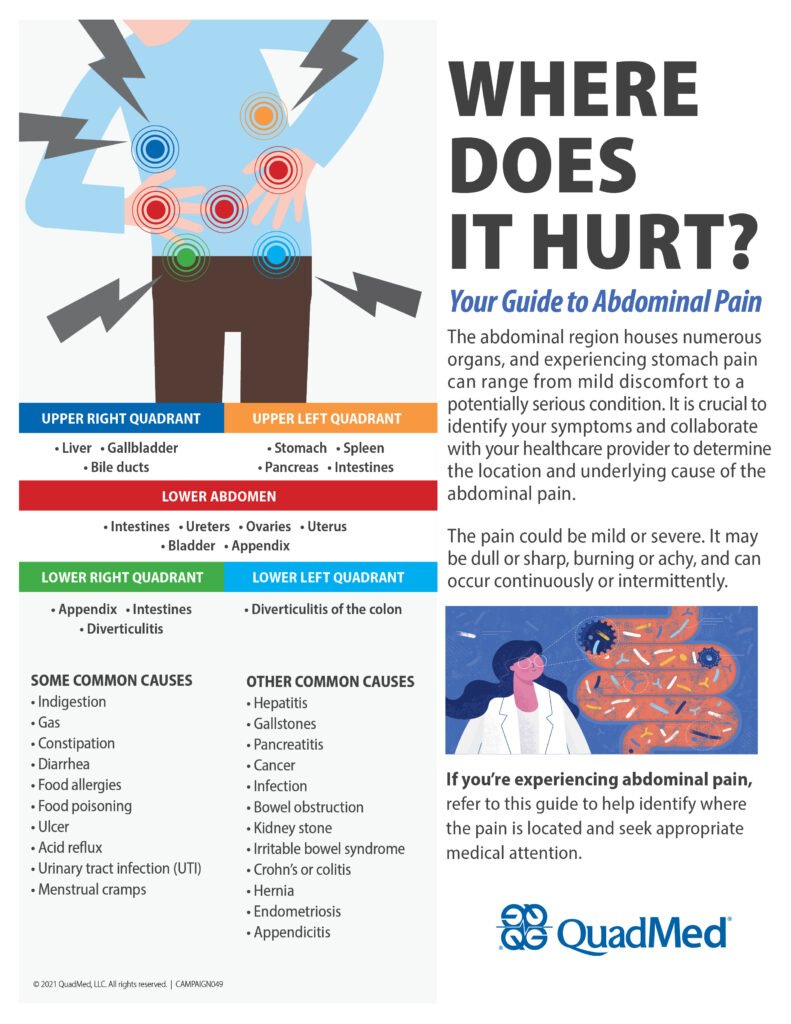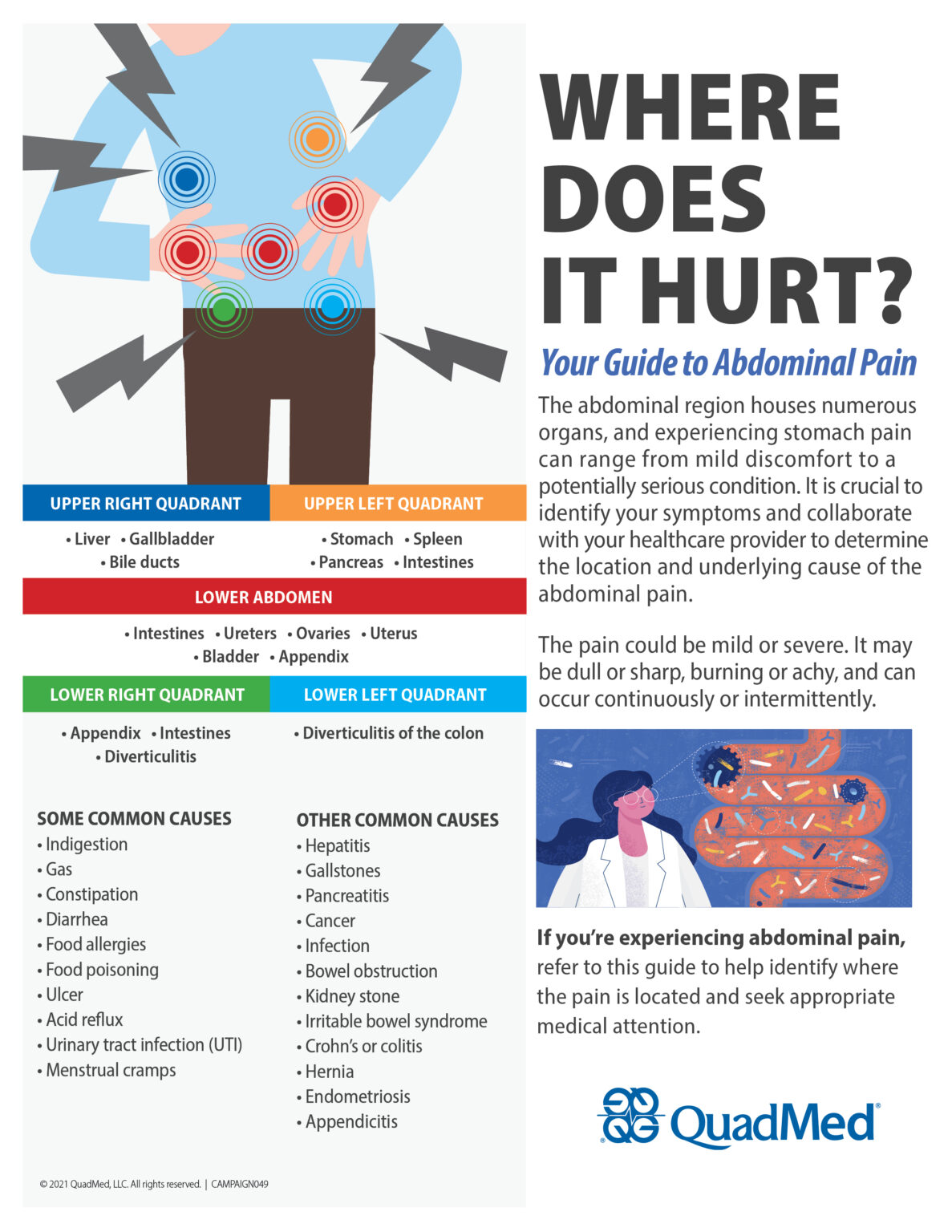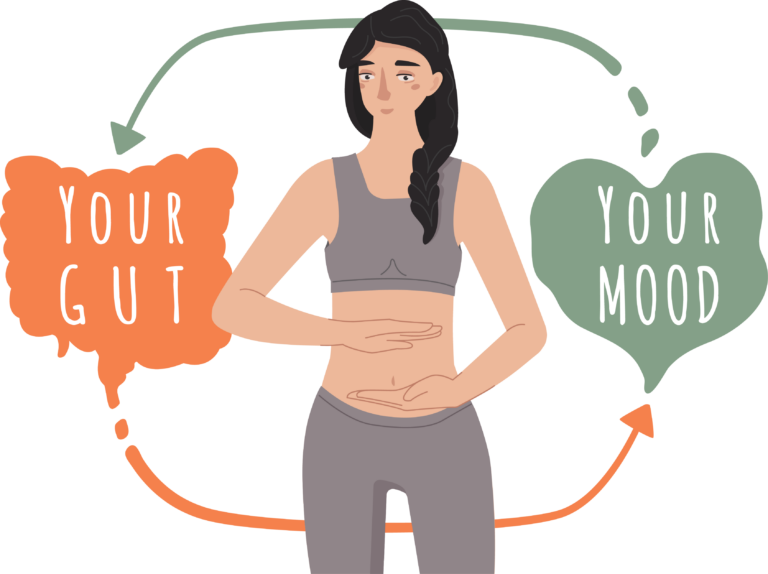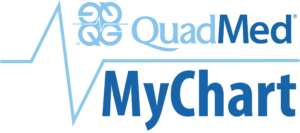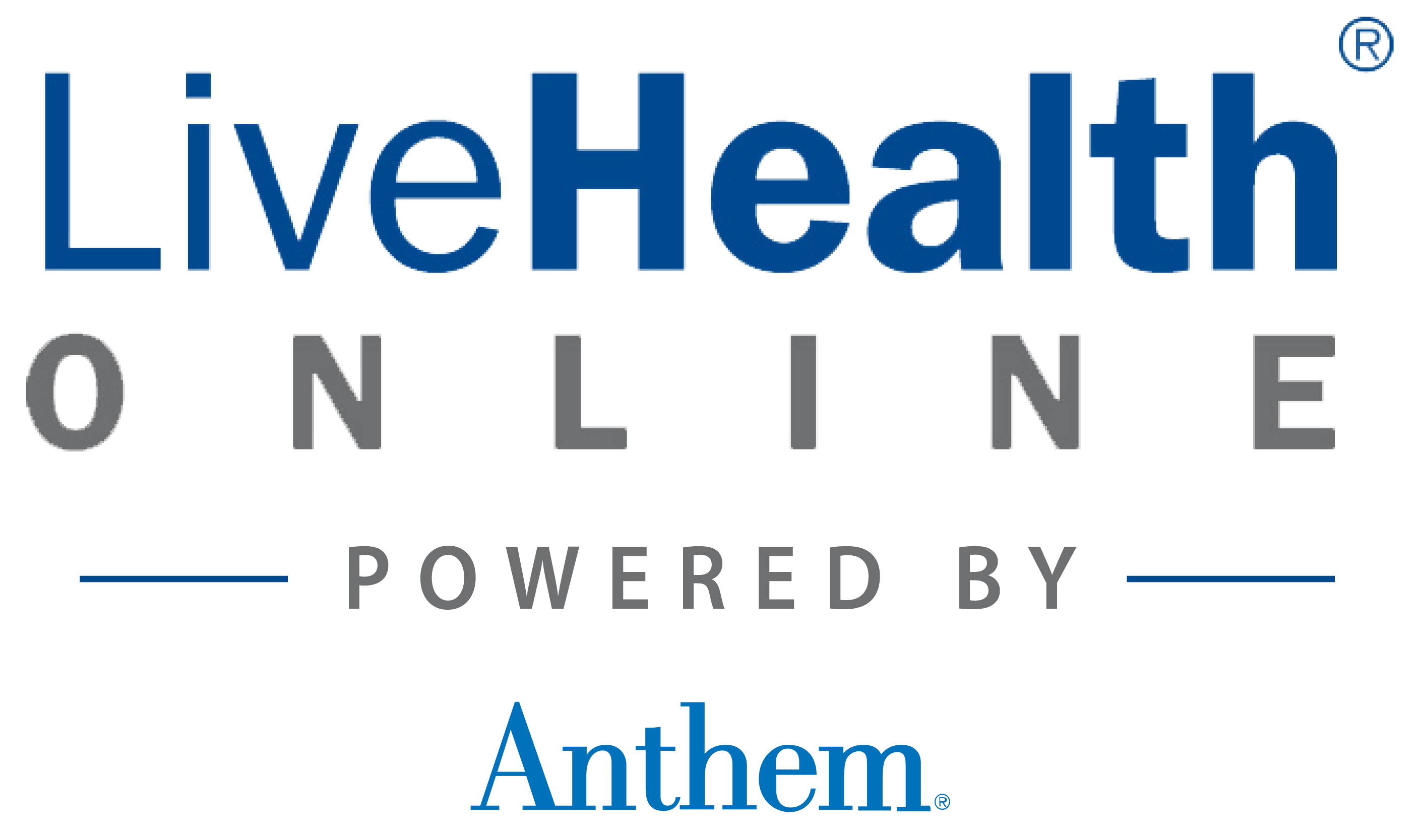THE PROS OF PROBIOTICS
Probiotics are live microorganisms that may have health benefits when consumed. Found in some foods, these are “good” bacteria like the ones already in your gut. They can add to the bacteria in your intestinal tract and help keep everything in balance.
Not all probiotics are the same. And because our guts are unique, if and how probiotics work can be different for everyone. That’s why it’s always important to speak with your health care provider before increasing probiotic intake or starting a probiotic supplement.
They can help to replace or enhance the “good bacteria” in your gut, and this may boost your digestive health.
You can find them in dairy products like yogurt and aged cheeses. Probiotics can also be found in fermented or pickled vegetables.
• Buttermilk
• Cottage cheese
• Fermented pickles
• Fermented sauerkraut
• Kimchi
• Kombucha
• Miso soup
• Sourdough bread
• Tempeh
• Yogurt
Prebiotics are specialized plant fibers that act as a food source for probiotics. Think of them as fertilizers that boost the growth of helpful bacteria in your gut.
Prebiotics are found in fruits and vegetables, such as:
• Artichokes
• Asparagus
• Bananas
• Garlic
• Leeks
• Onions
• Soybeans
• Whole wheat foods
Foods or supplements that combine probiotics and prebiotics are called synbiotics.
Probiotic-rich foods, such as yogurt or sauerkraut, can be eaten daily. Probiotic supplements are typically considered safe when used as directed. However, they may trigger allergic reactions or cause mild symptoms such as, upset stomach, diarrhea or bloating for the first few days after taking them.
Be sure to talk with your health care provider before starting probiotic supplements.



